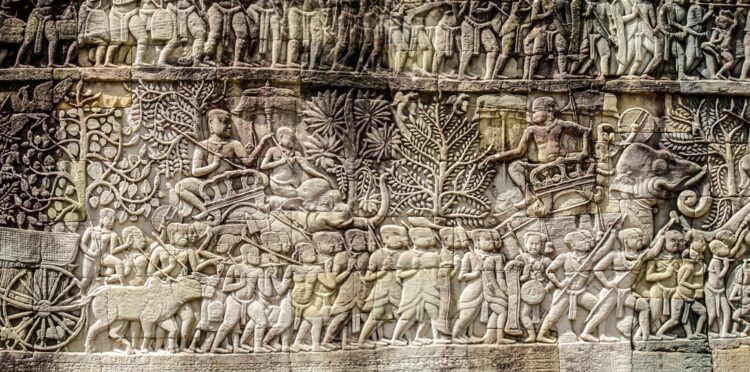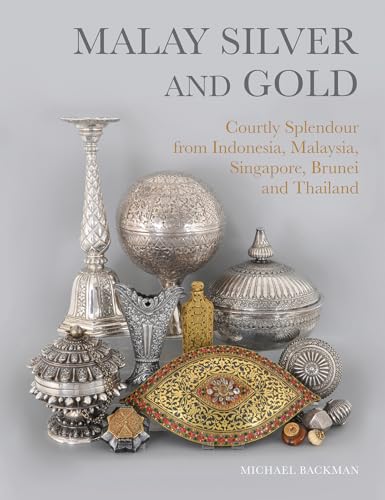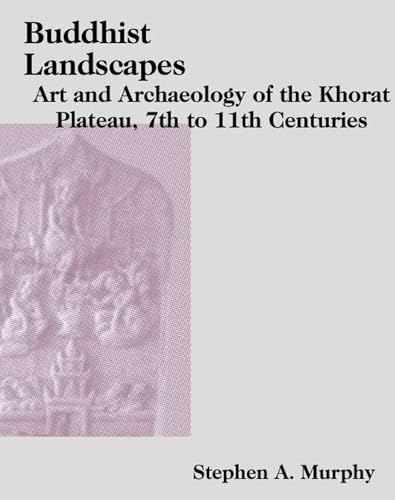via BBC Sounds, 28 October 2018: A BBC audio program about Angkor and the Khmer civilisation featuring a number of prominent scholars. I am a little bothered by the fact that there aren’t any Cambodians in the panel though – it seems silly to have a discussion about Khmer culture and civilisation without any Khmers involved.

Around the twelfth and thirteenth century CE Angkor was thought to be one of the world’s biggest cities. Its massive temple complex at Angkor Wat covered hundreds of acres adorned with majestic towers, terraces and waterways: symbols of the might of the Khmer kings who ruled the region. Angkor Wat attracts millions of tourists every year and has pride of place on the Cambodian national flag but there’s much more to Angkor and the Khmer civilisation than its temples.
Bridget Kendall talks about Khmer history with David Chandler, Emeritus Professor of history at Monash University in Melbourne; architectural historian Dr. Swati Chemburkar from the Jnanapravaha Arts Centre in Mumbai; anthropologist Dr. Kyle Latinis from the Institute of Southeast Asian Studies in Singapore and former Dean of the University of Cambodia; and art historian Dr. Peter Sharrock from the School of Oriental and African Studies in London.
Source: BBC Sounds – The Forum – Cambodia’s ancient Khmer Empire


























if the discussion is about ANCIENT Khmer culture and civilization, then I don’t find it silly inviting ‘experts’ without any national preferences.
These are certainly experts, but there are plenty of Cambodians who are also experts (and in fact more well read than foreigners in the literature in Khmer). The problem with these kinds of news stories is that there IS a national preference by journalists for native English speakers. Journalists frequently turn to people they know and have relationships with for quotes and commentary. This often creates an echo-chamber. And in the case specifically of Cambodia, a perception that there is no local knowledge. I know some journalists are on a deadline and don’t always have the opportunity to get a diverse range of sources, but for a major news organization like the BBC I expect more.